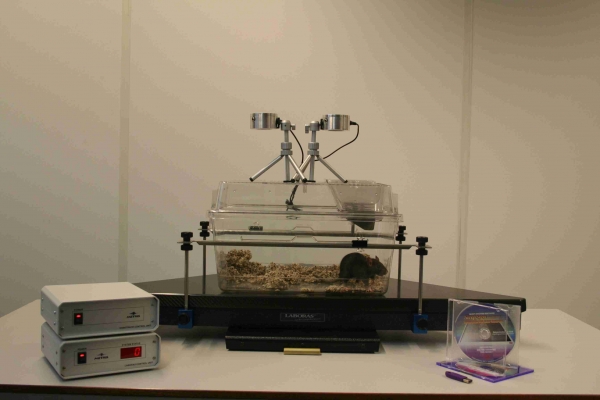

 Because animal experiments are still needed for drug development it is crucial to reduce the number of experiments and refine animal experimenting. Metris has found solutions to support this without compromizing the results from the experiments.
Because animal experiments are still needed for drug development it is crucial to reduce the number of experiments and refine animal experimenting. Metris has found solutions to support this without compromizing the results from the experiments.
LABORAS, SONOTRACK and SmartChamber offer non-evasive, homecage based, real "night condition" experiments that not only improve quality of research but also enable you to combine presently known outdated experimental procedures into single experiments! This has resulted in avoiding needless use of animals.
All Metris systems require a minimal amount of handling and do not require humans to be in the experimental room, significantly reducing stress in the animals.
The British Coalition for Medical Progress already indicated in 2003 that users of LABORAS were able to refine and reduce their animal experiments. More information can be found in their publication (page 7)
"Animals in Biomedical Research Today: An introduction to the 3R's" (October 2003).
Several other organizations in the Animal Welfare field acknowledge the reduction of animals by using Laboras in animal experiments, such as:
- FRAME (Fund for the Replacement of Animals in Medical Experiments)
- NCR3 (National Centre for Replacement, Refinement and Reduction of Animals in Research
Reduction of experiments is accomplished because we offer the highest number of relevant behavioral parameters per animal. Consistency of data collected with LABORAS and reproduciability of experiments has a significant impact on limiting the number of experiments and the number of animals in an every preclinical study.
Replacement of future experiments is possible because the raw data of every experiment with LABORAS remains accessible even after many years (with a typical usage, raw LABORAS data of 1 year continuous raw data can be stored on a flash drive or even on a large USB memory stick!). LABORAS experiments are unique as they can be re-done using existing raw data which is processed by new or other behavior detection modules. Consequently, there is not always a need for running a new experiment, preventing experiment approval filing, experiment preparations and the use of new animals.
Refinement has been experienced because the fast analysis tools enabled the research leaders and their management to alter the course of the experiment based on preliminary results of the first test-sessions (measurements). Early decision making by management helps to reduce useless experiments that do not provide the expected insights or to refine an experiment in the beginning of a trial and not at the end.
To find out more about our RRR objectives and possibilities, please contact us:
Info@Metris.nl
or
Go to information request form